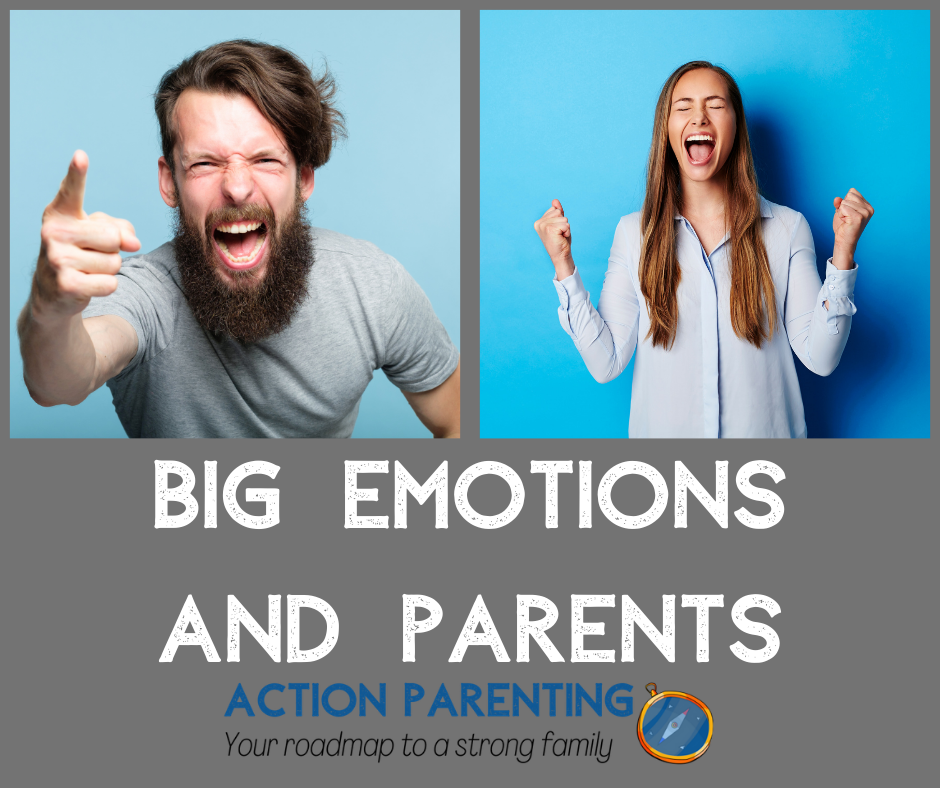We were running late. We were always running late.
My oldest was in kindergarten and my youngest did not possess the same passion for being on time as my oldest did. So when it came time to pack everyone up in the morning to drop big brother off at school, the youngest was found, without his shoes on, playing with toys rather than getting ready. And on this particular morning, I’D HAD IT!
I was done fighting the battle of the shoes! I just wanted to get in the car and WITHOUT A BATTLE!
Was that too much to ask?!?
The thing that sticks out in my memory was how irrational I felt. I was yelling, making threats, taking away every toy and every privilege, and I still felt unheard! I literally threw my kids in the car, started it up immediately, and put the car into drive. The cry of my youngest saying, “MOM! I’m not buckled!” brought me back down to reality. I remember looking back at my kids and seeing the panic in their eyes. Thankfully we were still in the driveway and no one was hurt but it was a wake-up call for me. Something needed to change
I wonder if you can relate? As I think back on that particular season, I recognize that in addition to the “normal” parenting challenges, our family was in a season of transition that was really hard. I felt uprooted and out of control not just as a parent but in many other big and little decisions. It was all I could do to get up in the morning.

Our behavior is Telling Us Something
Everyone’s behavior, big and little people, is telling us something. When we slow down and pay attention, we usually find that behavior is telling us that we have a need. When we are experiencing big emotions that feel overwhelming and could be seen as negative, it’s time to stop and evaluate whether we are ignoring a need or we lack the skills to meet that need.
When I was feeling rage because my child was not putting on their shoes and getting in the car on my timetable, my unmet need was for control. I was feeling out of control in so many areas of my life and that morning, I was low on patience and high on attempting to control whatever I could!
Learn to Regulate My Own Emotions First
The look of panic in my children’s eyes reminded me that I cannot help my kids regulate their own emotions until I regulate my own. I’ve seen this on repeat not only in parenting but in other important areas of my life. When I am responding from the thinking, rational part of my brain, I am able to respond to my children’s big emotions in ways that help them learn to address their own big emotions in healthy ways. However, when my own thinking, rational brain is offline, both my child and myself spiral into fight/flight/freeze responses.
Model My Own Regulation
When I feel myself moving from my rational, thinking brain to my emotional brain, I can model what I’m doing to regulate myself for my children. I might say, “I’m having a lot of really big emotions right now and I need to take (fill in the blank: 5 deep breaths, 2 minutes to cool down and I’ll come back, etc.) By verbalizing my own process I am modeling for my children what it looks like to regulate my emotions and I am normalizing the experience.
Repair the Rupture When My Big Emotions Get Out of Control
Parenting is not about being perfect all the time. I have years of training and education around parenting and emotions and I still have moments where my big emotions take center stage in my parenting. Instead of ignoring and moving on, I am intentional about going back and repairing the rupture in the relationship that my big emotions have caused. It’s not an excuse but I want to verbally acknowledge to my kids that I know my response was big, out of control, and potentially hurtful.
It’s easy for me to want to justify it with addressing whatever behavior tipped me over the edge but I want to be careful not to make their change in behavior feel conditional to my ability to control my own emotions. It’s simply to recognize and repair the relationship. We can address their own lacking need or skill separately.
Want more tools on parenting big emotions? Our new course, “Big Emotions and What Parents Can Do” launches this week and is full of practical knowledge and action steps you can start taking today! You can get more information here and on our Facebook Group.

